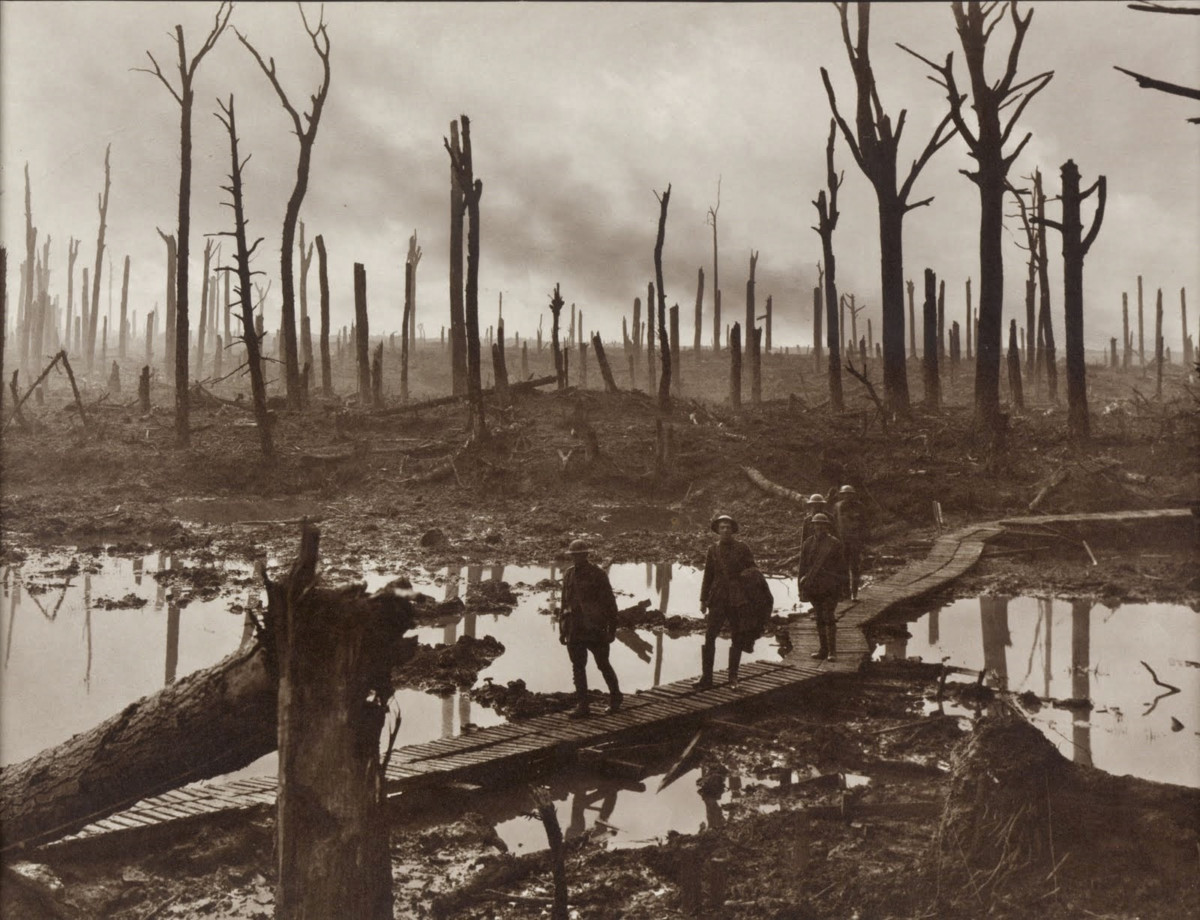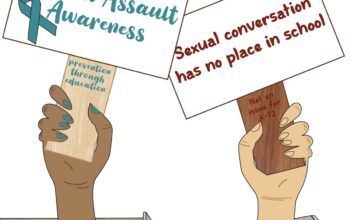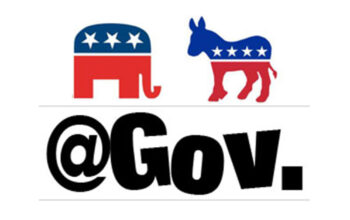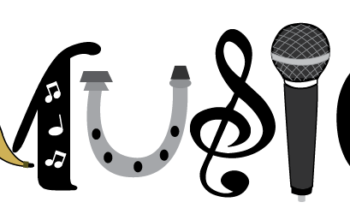Skye Curren, Editor
@esccourant
World War I ended exactly 100 years ago on November 11th. It was a war that was built to destroy. It was the first major war after the industrial revolution, and the first war where people used the newly invented technology to kill each other. It was an border dispute fought in a global world.
While the assassination of Austrian heir apparent Franz Ferdinand is often misattributed as the main cause of World War I, in actuality, the long term causes are some of the same factors we’re seeing surround us today; militarism and nationalism.
Military expansion became a race in Europe. Between 1910 and 1914, according to a University of Arizona database, Britain had a 13% increase in defense spending, Russia had a 39% increase, and Germany had a 73% increase.
The nineteenth century brought the creation of the nation state, with the creation of Germany and Italy and the end of the Holy Roman and Ottoman empires. With that, of course, came nationalism: an extreme form of patriotism characterized by a feeling of superiority over other countries and other peoples. The other peoples bit is important, especially in World War 1, where pan-Germanism and pan-Slavism dictated who took whose side.
When Franz Ferdinand was assassinated by a Bosnian nationalist on June 28th, 1914, the flame was sparked. It made clear that the war was not about Franz Ferdinand, the war was about nationalism and pan-Slavism verses pan-Germanism.
Russia was the largest Slavic country, so the Russian army immediately came to the defense of Bosnia. Germany, the other Germanic country, came to the defense of Austria, offering a blank check, an unlimited freedom of action, meaning that Austria-Hungary could do whatever they wanted with the backing of Germany. Existing alliances between countries complicated this- France came to the aid of Russia, England came to the aid of France, Italy came to the aid of Germany. And just like that, Europe and all of its country’s colonies are at war.
There is no way to truly describe the horrors of World War 1: the trenches, the no man’s land, and the never-ending nature of it all. 16 million people died and Europe was left bare but for trenches and barbed wire. And for what? For revenge on the death of Austria’s heir apparent? To prove one’s military superiority? Because they didn’t know what a war meant in a global era?
What does this war mean for us, 100 years later? We live in an increasingly nationalist, increasingly divided world. We are resorting back into the mindset that we, and people like us, are better than the rest of the world. In Hungary, Poland, and even here in the US, nationalism is rising again. Despite the many things that have changed in our world since 1914, nationalism remains the same.
100 years after the end of World War I, the world is in a similar situation as it was just before; rising nationalism, new technology we are still unsure of, alliances changing seemingly every day. The New York Times report the President of France, Emmanuel Macron, asking while countries united for Armistice Day in Paris, “Will [this]be the shining symbol of durable peace between nations or will it be a picture of a last moment of unity before the world goes down in new disorder?”
I don’t know if this is up to us. But please, the one thing that we can do is not forget. We can remember the pain of a generation forced to fight, barely if older than ourselves. We can remember the hopes and dreams of young people, hopes and dreams that were destroyed to the sounds of gunfire. And we can remember why.




